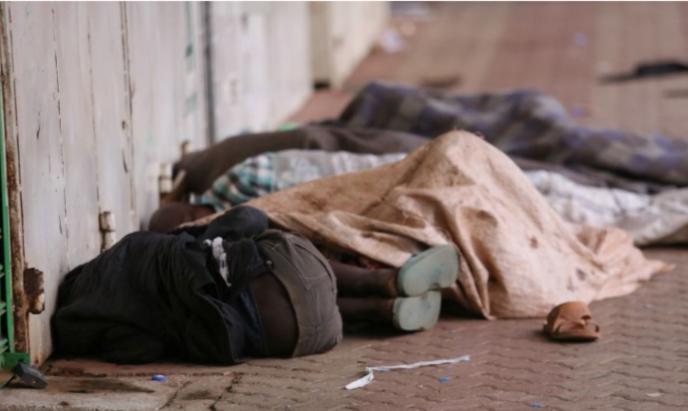State to conduct fresh census to map street families

The nationwide census of street families follows a 2018 count that recorded over 46,000 people living on the streets.
A growing number of people are ending up on the streets due to rising poverty, economic struggles, and cross-border movement, prompting stakeholders to call for increased government funding to support rehabilitation.
As the country prepares for a nationwide census of street families on June 29, 2025, there are rising concerns that current resources remain insufficient to meet the scale of need.
The last census conducted in 2018 by the Kenya National Bureau of Statistics (KNBS) and UNICEF revealed 46,639 people living on the streets across Kenya, with the highest numbers in Nairobi, Mombasa and Kisumu. However, stakeholders say the number has likely increased in recent years due to worsening social and economic conditions.
John Kiriria, one of the key voices advocating for more support, raised concern over the limited funding available for institutions supporting street families, saying that rehabilitation cannot be successful without strong financial backing.
“There is a lack of adequate funding to facilitate the rehabilitation programme despite the huge financial needs of institutions involved in the noble initiative,” said Kiriria.
He explained that the situation has worsened since the COVID-19 pandemic, as many families slipped into poverty and could no longer afford housing or basic needs. He added that some of the people now living on the streets are coming from neighbouring countries, further straining available resources.
“The number of street families has shot up since the COVID-19 pandemic as more families became poorer, coupled with an influx from neighbouring countries,” said Kiriria.
Despite these challenges, the government has taken steps to address the issue. Last week, Treasury Cabinet Secretary John Mbadi announced that Sh180 million had been allocated for the Street Families Rehabilitation Trust Fund in the 2025/2026 budget.
In addition, the government has released Sh50 million to 24 institutions involved in rehabilitation efforts, according to Board Member Ahmed Hussein.
“The government has already released Sh50 million to 24 institutions involved in the rehabilitation of street families to facilitate their initiatives,” said Hussein.
Mary Wambui, Chair of the Street Families Rehabilitation Trust Fund, said the government is determined to eliminate street families and has taken steps to establish facilities to support this goal. A 20-acre piece of land has been secured for the construction of a dedicated rehabilitation centre to host vulnerable groups identified through the upcoming census.
“The census will also help the government develop a more effective plan to address the rehabilitation and financial needs of this population, as the current resources are inadequate,” said Wambui.
She said the government is relying on the new data to craft a responsive strategy and ensure that no one is left behind in the country's development plans. Board Member Ahmed Hussein added that the new data would also help track how much progress has been made since the 2018 census.
The upcoming count will play a vital role in evaluating the impact of existing programmes and shaping future interventions. With poverty and displacement continuing to push more people into vulnerable conditions, stakeholders maintain that only sustained investment can reverse the trend.
